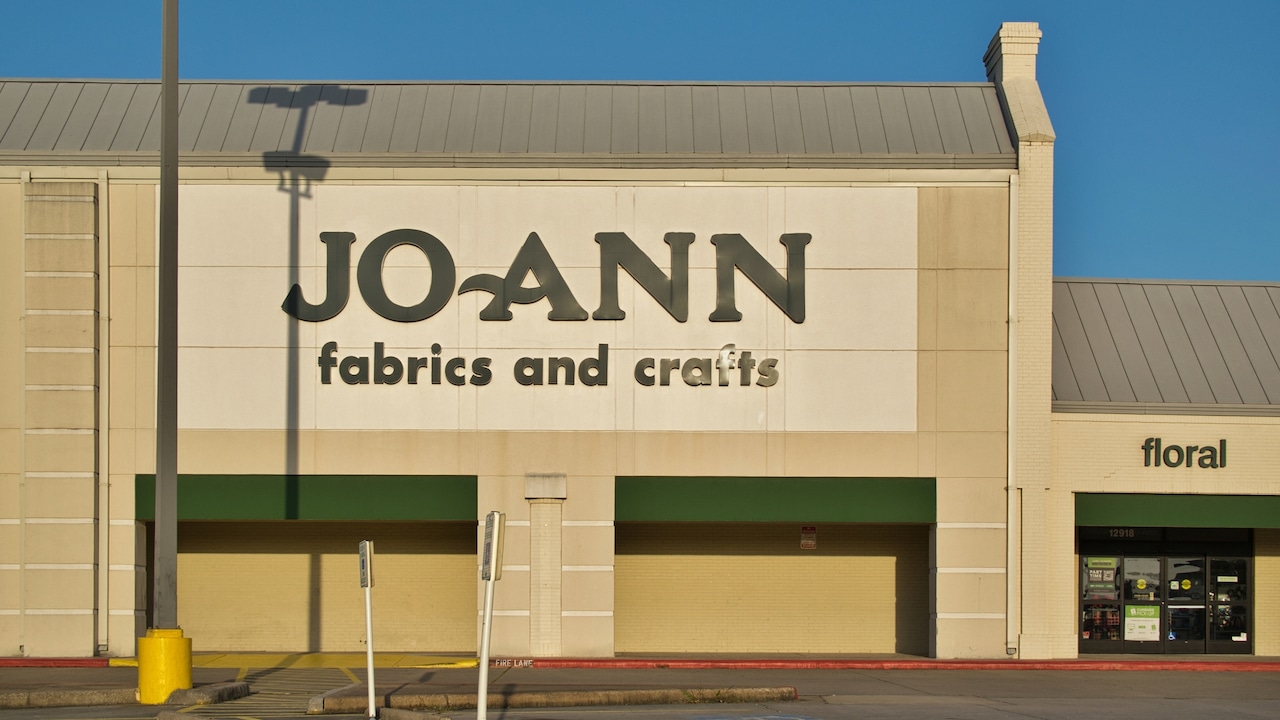Crafting Farewell: Joann Fabric Shutters 800 Stores After 8 Decades of Creative Legacy

In a dramatic turn of events, Joann Fabrics has expanded its store closure plans, announcing the shutdown of all 800 stores nationwide—a significant increase from its previous plan to close 500 locations. The craft and fabric retail giant's decision comes after unsuccessful attempts to find a buyer willing to keep the stores operational.
The company's struggle to secure a potential investor has led to this comprehensive closure strategy, which will impact hundreds of communities and thousands of employees across the United States. Craft enthusiasts and loyal customers are now facing the stark reality of losing their beloved fabric and crafting destination.
This development signals a challenging period for the traditional brick-and-mortar retail landscape, particularly for specialty stores like Joann Fabrics. The complete closure underscores the increasing difficulties faced by retail chains in maintaining profitability in an increasingly digital marketplace.
Customers and employees are advised to stay tuned for further details about store closing timelines and potential liquidation sales in the coming weeks.
